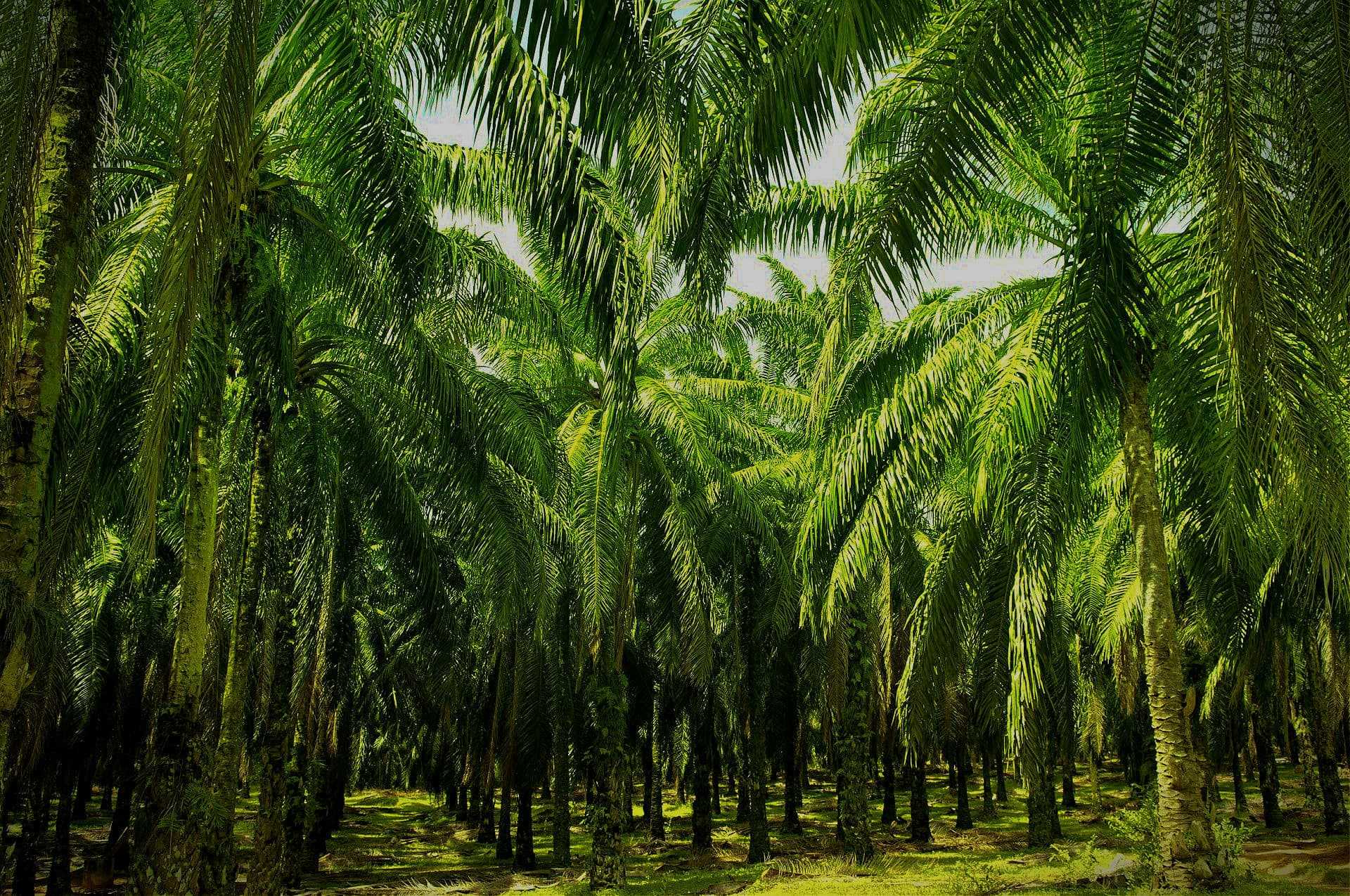Palm Oil Bans Meet Resistance in Southeast Asia

Several countries have taken measures against palm oil production and use, putting pressure on Southeast-Asian producers, with Sri Lanka urging producers to uproot plantations and banning imports. The United States halted palm oil imports from Malaysian companies over labor concerns, while the E.U. has pledged to phase out palm oil in biofuels by 2030, prompting opposition from Malaysia and Indonesia.
Several countries have taken measures against the production and use of palm oil, a move that has put pressure on the main Southeast-Asian producers.
In Sri Lanka, a major source and importer of palm oil, the government has urged producers to uproot their palm tree plantations, and imports have been banned since early April, Reuters reported.
Consumer minds are now so negative that it would be a difficult battle to win over their hearts and wallets.
The cultivation of palm trees has been expanding in recent years, with plantations covering approximately 11,000 hectares. Environmentalists have warned that the production of palm oil causes deforestation and harms ecosystems.
“Those companies and entities which have done such (palm oil) cultivations shall be required to remove them in a phased manner with 10 percent uprooting at a time and replacing it with the cultivation of rubber or environmental friendly crops each year,” President Gotabaya Rajapaksa said in a statement, adding that he planned to make the country “free from oil palm plantations and palm oil consumption.”
See Also:Malaysia Criticizes WHO Advisory Against Consuming Palm Oil During PandemicA few months ago, the United States halted palm oil imports from two of the world’s largest producing companies based in Malaysia over concerns of illicit labor practices in the production process.
In another blow to the palm oil industry, in 2019, the European Union pledged to phase out the use of palm oil in biofuels by 2030 over worries that the extended cultivation of palm trees is unsustainable and leads to deforestation.
France, however, has moved faster in removing palm oil as a biofuel ingredient from November 2020. Other E.U. member states, including Germany and Lithuania, are also on the same track of ending the use of palm oil in biofuels ahead of schedule.
Malaysia, the second-largest producer of palm oil in the world after Indonesia, has opposed the E.U. ban by filing an objection with the World Trade Organization.
Indonesia and Malaysia are also planning a Europe campaign to assuage existing concerns about the consequences of palm oil production. While there are larger palm oil buyers than Europe, such as India and China, the continent is still considered a crucial market.
“We’re no longer talking about E.U. regulations against palm oil. We’re talking about a whole generation of citizens who believe palm oil is really bad,” Long Tian Ching, the deputy president of the Malaysian Biodiesel Association, said. “Consumer minds are now so negative that it would be a difficult battle to win over their hearts and wallets.”









